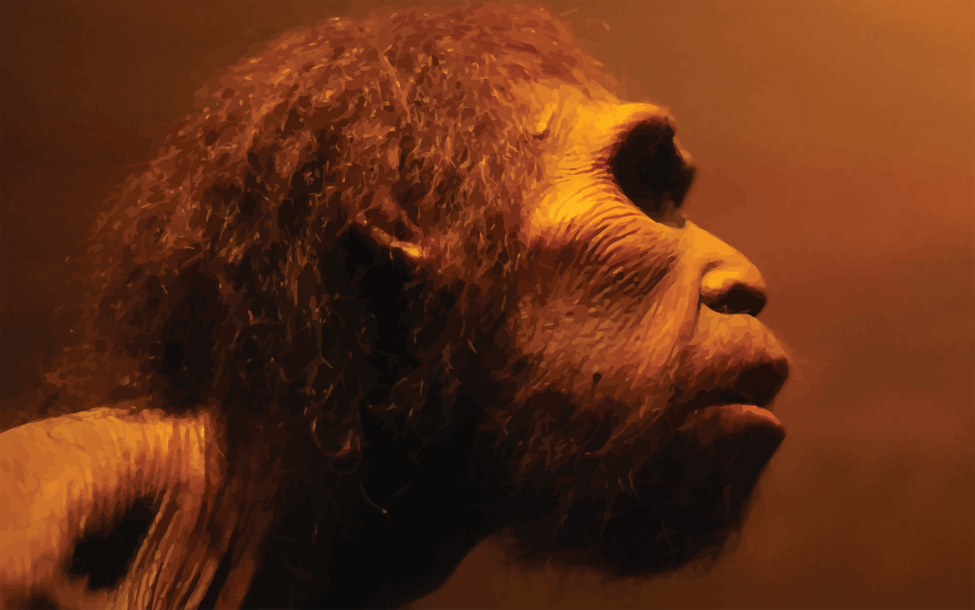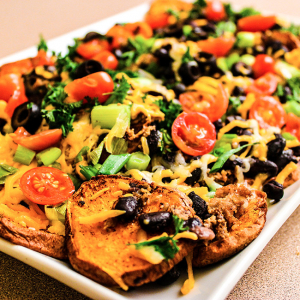Paleo Palate: Eating Like Our Ancestors

Founded by Ph.D. Loren Cordain, the Paleo diet aims to provide the body with only the foods available to our Paleolithic hunter-gatherer ancestors. Proponents argue that since the human digestive system evolved during this period, sticking with Paleolithic foods like unprocessed meats, non-starchy vegetables and fruits results in a diet more attuned to human genetics.
The paleo program eschews foods our species began eating more recently, like wheat, legumes, dairy and salt. Scientific research on the Paleo diet has been limited, but small studies have indicated good health outcomes, including weight loss and reduction of blood sugar and blood pressure levels.
The trend has caught on in central Arkansas, with local businesses meeting the demand. Gwen Jones’ BEAST Food Truck serves up only locally and sustainably grown Paleo grub.

“From a practical standpoint, [Paleo] could be more expensive to follow since it highlights meat, fish and poultry,” says Tina Crook, an associate professor in the UAMS Dietetics & Nutrition program, although its heavy emphasis on most fruits and vegetables and lack of processed foods make it a better choice than some other diets.
“I would not recommend following a strict Paleo diet,” she says. “But adopting some of its positive features could be beneficial.”







